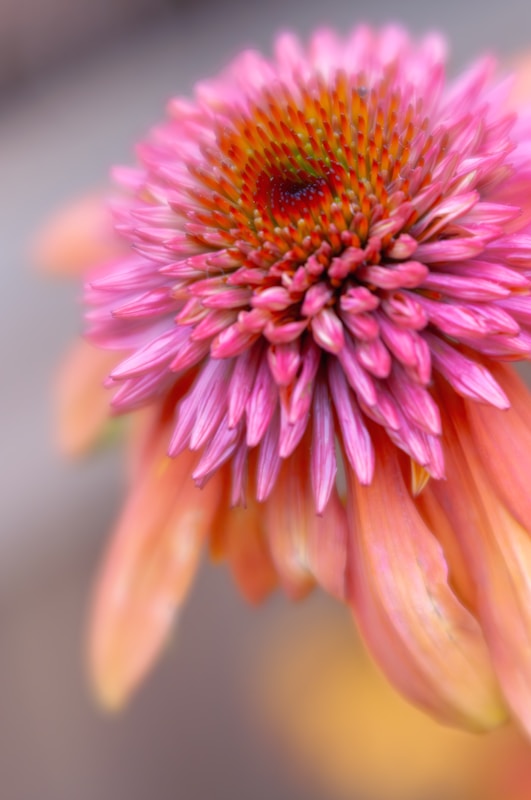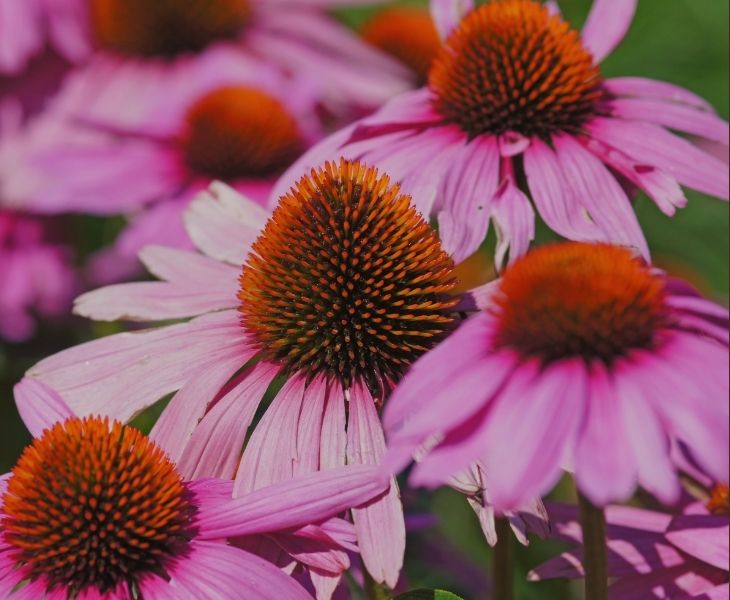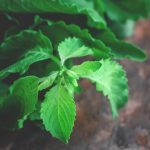Introduction
Are you looking for a natural way to boost your immunity and enhance your garden? Echinacea seeds are the perfect addition to any herbal garden, offering both beauty and health benefits. Known for their immune-boosting properties, echinacea plants have been used for centuries in herbal medicine. In this guide, we will explore everything you need to know about echinacea seeds, from planting tips to health benefits and FAQs.
Table of Contents
What Are Echinacea Seeds?
Echinacea seeds are the starting point for growing Echinacea purpurea, also known as the purple coneflower. This hardy perennial is popular for its stunning flowers and medicinal uses. Echinacea is native to North America and is widely grown for its ability to attract pollinators and its powerful immune-boosting properties.
Types of Echinacea Plants
There are several species of echinacea, but the most common include:
- Echinacea purpurea – The most widely cultivated species, known for its purple petals and medicinal benefits.
- Echinacea angustifolia – A smaller variety with narrow leaves, often used in herbal remedies.
- Echinacea pallida – Recognizable by its pale pink flowers and medicinal properties.
How to Grow Echinacea from Seeds
Choosing the Right Echinacea Seeds
When selecting echinacea seeds, look for high-quality, organic seeds to ensure the best results. Reliable seed suppliers and gardening stores offer non-GMO varieties for optimal plant health.
Planting Echinacea Seeds
- Stratification Process – Echinacea seeds require cold stratification for better germination. Place them in a moist paper towel inside a plastic bag and refrigerate for 4–6 weeks.
- Sowing the Seeds – Plant the seeds in well-drained soil about 1/8 inch deep.
- Ideal Conditions – Ensure full sunlight exposure and space the plants about 12 inches apart.
- Watering and Care – Water regularly but avoid overwatering to prevent root rot.
Best Growing Conditions
- Soil Type – Loamy, well-drained soil with a neutral pH.
- Sunlight – Requires full sun (at least 6 hours a day).
- Water Needs – Moderate watering, allowing the soil to dry between watering.
- Fertilization – Use compost or organic fertilizer to encourage healthy growth.

Health Benefits of Echinacea Seeds and Plants
Echinacea is widely recognized for its medicinal properties. Some of its top health benefits include:
1. Boosts the Immune System
Echinacea is known for stimulating the immune system, helping to reduce the severity and duration of colds and flu.
2. Rich in Antioxidants
Echinacea contains flavonoids, rosmarinic acid, and cichoric acid, which help fight oxidative stress and inflammation.
3. Supports Respiratory Health
Used traditionally to relieve symptoms of respiratory infections, echinacea may help with conditions like bronchitis and sinus infections.
4. Promotes Skin Health
Echinacea extracts are beneficial for reducing inflammation and treating skin conditions like eczema and acne.
5. Aids in Wound Healing
The antibacterial properties of echinacea can accelerate wound healing and reduce the risk of infection.
How to Use Echinacea
Making Echinacea Tea
To prepare echinacea tea, steep dried echinacea flowers or leaves in hot water for 10–15 minutes. Drink it regularly for immune support.
Echinacea Tincture
Echinacea tinctures are concentrated herbal extracts used for fast-acting immune benefits. They can be made by soaking echinacea roots or flowers in alcohol for several weeks.
Echinacea Capsules and Supplements
For those who prefer a convenient option, echinacea supplements are available in capsule or tablet form in health stores.
FAQs About Echinacea Seeds
How Long Do Echinacea Seeds Take to Germinate?
Echinacea seeds typically take 10–20 days to germinate, depending on soil conditions and temperature.
Can You Direct Sow Echinacea Seeds?
Yes, echinacea seeds can be sown directly into the garden in the fall, allowing the natural cold stratification process to occur.
Is Echinacea Safe for Daily Use?
Echinacea is generally safe for short-term use, but prolonged use should be discussed with a healthcare professional.
Can Echinacea Grow in Containers?
Yes, echinacea can be grown in pots or containers, provided they have proper drainage and receive adequate sunlight.
Final Thoughts
Echinacea seeds are an excellent investment for any gardener or herbal enthusiast. Not only do they produce stunning flowers, but they also offer incredible health benefits. Whether you’re growing echinacea for medicinal use or simply to enhance your garden, these seeds are a must-have.
Ready to start growing your own echinacea plants? Check out reputable seed suppliers like Burpee or Johnny’s Selected Seeds for high-quality echinacea seeds.
Disclaimer: This content is for informational purposes only and should not be considered medical advice. Always consult with a healthcare professional before using herbal remedies.








